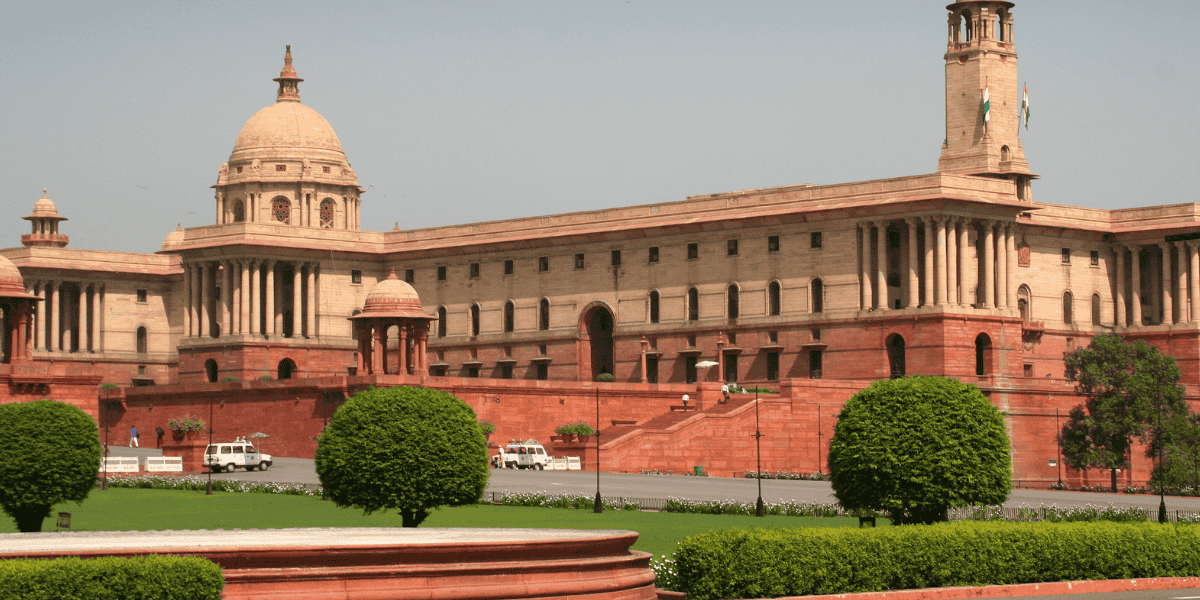In India many transfer pricing cases are heard in the Courts. These decisions can provide clarification of the operation of the transfer pricing rules in India and can therefore give potential investors more certainty about the transfer pricing consequences of their transactions.
In a recent ruling the Delhi Income-tax Appellate Tribunal (Tribunal) ruled on the transfer pricing implications of a corporate guarantee, loans to related enterprises and contributions to equity capital. A taxpayer in India gave a guarantee to a third party bank in respect of a related foreign party and no fee was charged. The taxpayer argued that no fee needed to be charged because there were no costs incurred in connection with giving the guarantee and no requirement in the transfer pricing rules for a fee to be charged.
The tax administration had deemed an arm’s length fee to be due, using the comparable uncontrolled price (CUP) method and using commission rates of third party banks as the comparable transactions. However the Tribunal held that the guarantee did not have any effect profits or assets of the taxpayer and did not come under the definition of an international transaction in the tax law. It therefore ruled that the transfer pricing provisions did not apply to the guarantee. With regard to interest on the loan the Tribunal determined that the arm’s length rate should be arrived at by considering the prevailing rates on loans in the relevant currency.















